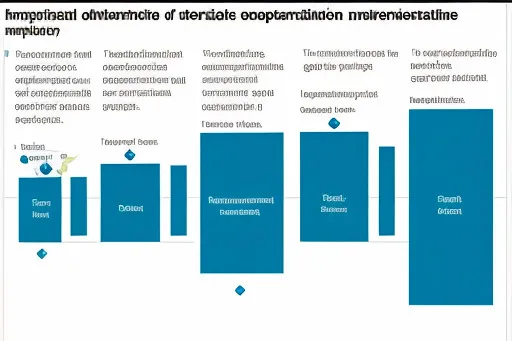Empowerment Theory In Social Work – Enabling Transformation


Empowerment theory in social work is a powerful framework that aims to guide individuals towards building autonomy and control in their lives. By utilizing intervention methods, social workers can help empower individuals who have been marginalized or oppressed.
This theory recognizes that oppression is a primary contributor to disempowerment, and it seeks to address these systemic issues to promote positive change and growth.
Understanding Empowerment Theory
At its core, empowerment theory acknowledges that individuals may feel helpless and lack control over their own lives due to various factors such as poverty, discrimination, or limited access to resources. Social workers using empowerment theory as their framework focus on empowering individuals and communities by addressing these structural barriers and helping them develop the skills and resources needed to overcome challenges.
The Role of Intervention Methods
Empowerment theory in social work involves employing various intervention methods to guide individuals towards achieving a sense of control and autonomy. These methods are tailored to meet the unique needs and circumstances of each individual and aim to foster positive change and growth.
One common intervention method used in empowerment theory is establishing a collaborative therapeutic relationship. By building a strong and trusting partnership with their clients, social workers can create a safe space for individuals to explore their challenges and aspirations.
This relationship serves as the foundation for the empowerment process.
Another important aspect of empowerment theory is setting achievable goals. Social workers work closely with individuals to identify their strengths, define their goals, and develop a plan of action.
This collaborative goal-setting process helps individuals gain a sense of direction and purpose, fostering a greater sense of control over their lives.
To support individuals in their journey towards empowerment, social workers provide ongoing support and resources. This may involve connecting individuals with community organizations, advocating for their rights, or providing access to educational and vocational opportunities.
The goal is to ensure that individuals have the necessary support and tools to navigate through challenges and build a brighter future.
Evaluating Success: A Collaborative Effort
Evaluation is a crucial component of empowerment theory in social work. It is important to assess the progress and effectiveness of interventions to ensure that individuals are truly empowered and are experiencing positive changes in their lives.
Evaluation is done collaboratively with the individuals receiving support, as their perspectives and experiences are essential in determining the success of the empowerment process.
The Theory of Empowerment: A Critical Analysis
Empowerment theory has gained considerable attention in the field of social work in the past four decades. It has become a threshold framework that recognizes the importance of addressing systemic barriers and promoting autonomy and control in individuals’ lives.
The Theory Evaluation Scale has been used to critically analyze empowerment theory, allowing for a deeper understanding of its impact and effectiveness.
Conclusion: Recommended Product for Empowerment Theory in Social Work
In conclusion, empowerment theory in social work is a powerful approach that aims to guide individuals towards building autonomy and control in their lives. Through intervention methods such as establishing a collaborative therapeutic relationship, setting achievable goals, providing support and resources, and evaluating successes on a collaborative level, social workers can empower individuals and promote positive change.
As a recommendation for those interested in applying empowerment theory in social work, I suggest exploring the book “Empowerment in Social Work Practice” by Bob Mullaly. This book provides valuable insights and practical strategies for incorporating empowerment theory into social work practice. You can find this book on Amazon here.


Remember, empowerment theory is not a one-size-fits-all approach, and it requires tailoring interventions to meet individuals’ unique needs and circumstances. By adopting this approach, social workers can make a significant difference in the lives of those they serve, promoting autonomy, control, and positive change.





